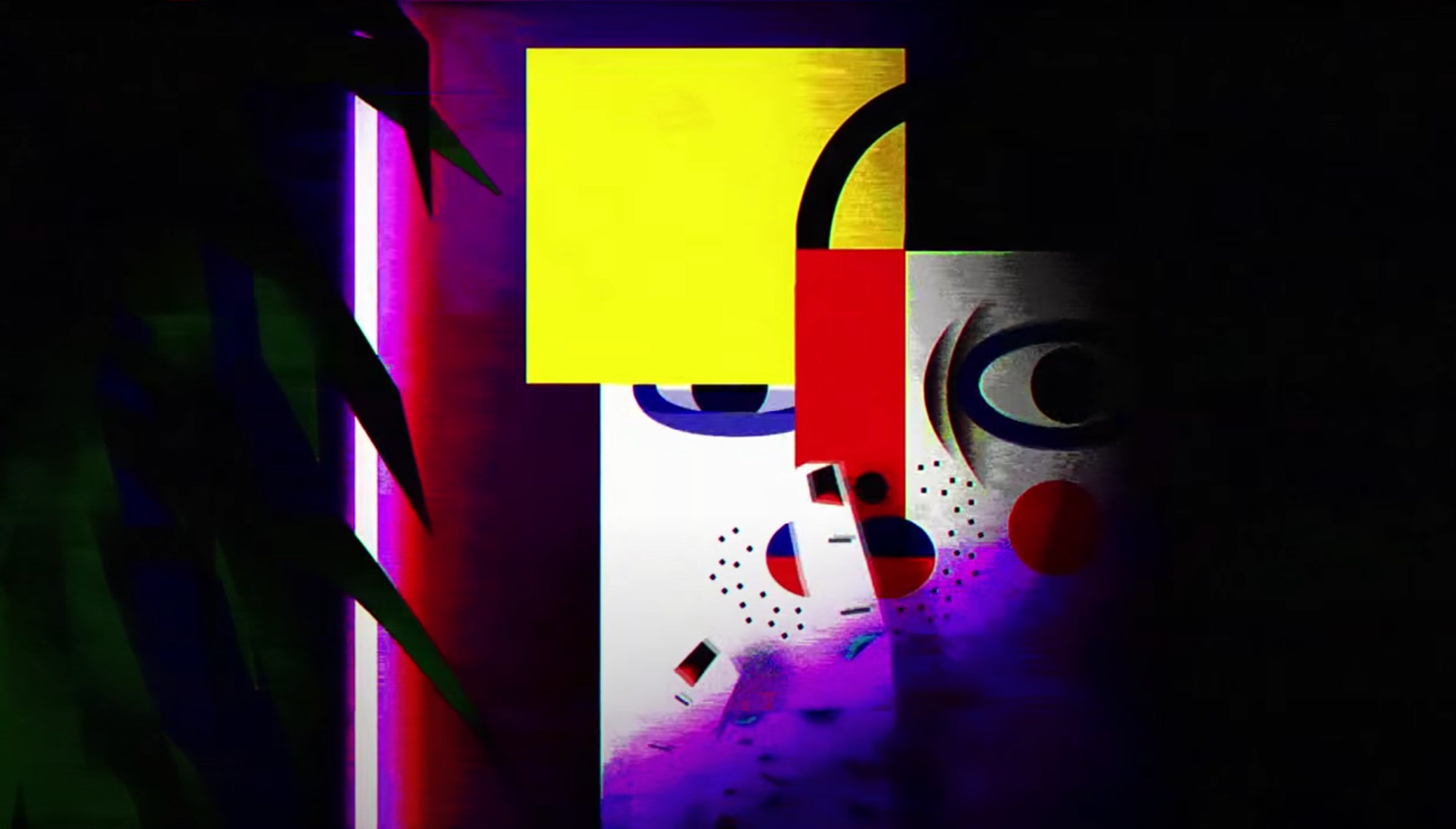
Wong Ping’s video art, cynical, crude and cartoonish, is a rebellion against adult responsibility
- Hong Kong-born artist’s debut American exhibition showcases his irreverent approach to art
- A man who pretends he’s happy because his nose grows longer when he’s sad, a contented cuckold, a male cow – Wong Ping’s videos are built on paradoxes
Wong Ping, a self-described comedian, plunged into art several years ago with the libido of a petulant schoolboy under no adult supervision.
In his animated world, genitals are playthings indistinguishable from stuffed toys, while naive jokes about scatological and reproductive processes abound.
Cynical and vulgar, Wong’s semi-autobiographical rebellion against adult responsibility can be liberating, especially for those who consider themselves already too weighed down by worldly constraints to take on heavy moral obligations.

Artistically, the crude and garish cartoons recall early video games and children’s television rather than the sophistication of the commercial post-production work from which Wong used to make a living.
Synthesising this attitude are four films narrated in Cantonese that are positioned at the centre of the exhibition.
A new commission called Sorry For the Late Reply (2021) is structured like a pandemic diary. Quickly bored of realistic and honest accounts, the artist’s avatar goes down a fantastical rabbit hole – a Wing On department store manageress’ varicose vein.
Wong heightens our aversion to her deformities by inserting an actual photo of a swollen pair of calves, veins protruding, in the otherwise flat world of animation. This merging of the grotesque with the idea of the female other is jarring, and an example of why Wong’s works make uncomfortable viewing.
Upon becoming lost in the manageress’ body (which he describes as having ageing, sagging breasts), his avatar drafts an apologetic email to the exhibition’s real-life curator, Gary Carrion-Murayari. There is an anecdote about a chameleon that expresses his boredom with American identity politics.

Feminism, race relations abroad, and his own artistic career all feature. Emasculation is a constant fear.
Jungle of Desire (2015) opens with a man lifting a cautionary finger to his lips. “Please be quiet,” he says, “my wife is having sex with her client.” What one might assume to be infidelity turns out to be a consensual agreement between the couple that allows the wife to carry out sex work in their home, as a proxy for his chronic impotence.
A policeman becomes her most fulfilling client, and the husband develops a bond for him that borders on homosexual desire. Here, the female is not only reduced to mere object (in Wong’s world, that’s a given), but acts as a prompt for questions about patriarchal authority. Who controls property, commerce, and the means of reproduction?
Run-ins with the law are on Wong’s mind in Fables 2 (2020), which charts the perils of a male cow. Never mind the biological impossibility, he is the lowest denominator of greedy capitalist calculation.

After spending time behind bars for goring a police officer during a radical socialist protest, he leaves jail to find that the only way to survive is to cash in on his activist past. His eventual death confers celebrity status when the public discovers that his cooked flesh is delicious. It is the life cycle of an idealist, created by someone who has seen the rise and fall of numerous pro-democracy activists in his home city.
Two other films play in adjacent rooms, each separated from the main hall by arched doorways curtained by translucent coil chains. These details echo Wong’s approach to humour: why go to the trouble of forbidding things when the very nature of a ban makes rebellion appealing? Orifices, peepholes, and pits of despair are taboo and seductive in equal measure, perhaps seductive because they are taboo. Enter at your own risk.
Emo Nose (2016), a riff on the classic fairy tale Pinocchio, tells of a man whose nose grows longer when he is sad. His disingenuous attempts to appear happy to keep his nose stunted are thwarted by repressed emotion. The nose, illustrated in the shape of an inverted valentine, departs Hong Kong in search of a happy ever after.

Modelled on a didactic fable, what are the lessons to be gleaned from these films of appendages that want to leave their owners, law enforcement agents who break the law, and lust triggered by cosmetic flaws?
These paradoxes use humour to broach topics otherwise unspeakable. Perhaps, in an age when artistic freedom is threatened, we might imagine ourselves in the position of “the little man”. But unlike David facing Goliath, he is armed not by a sling, but a body armour of jokes.
“Wong Ping: Your Silent Neighbor”, New Museum, 235 Bowery, New York. Until Oct. 3, 2021.
